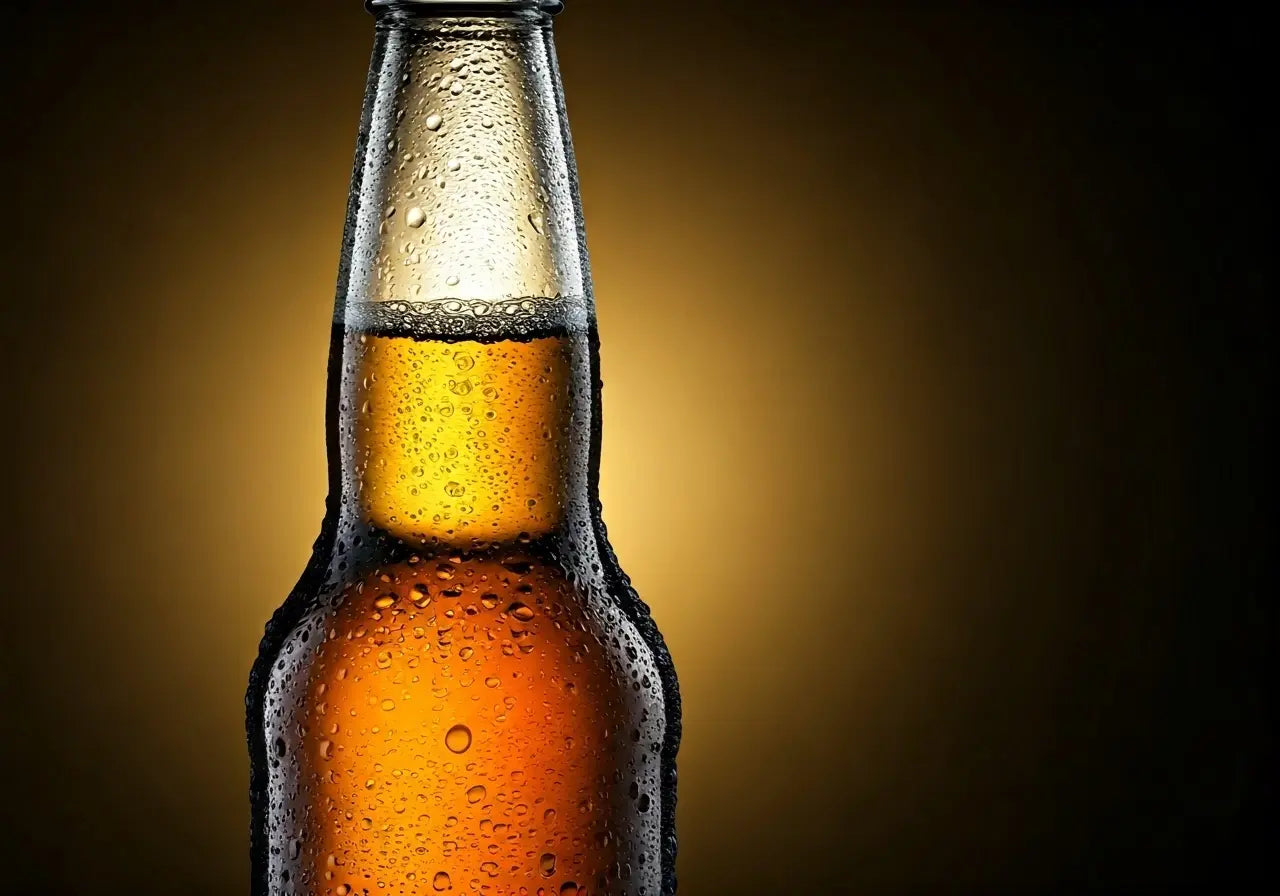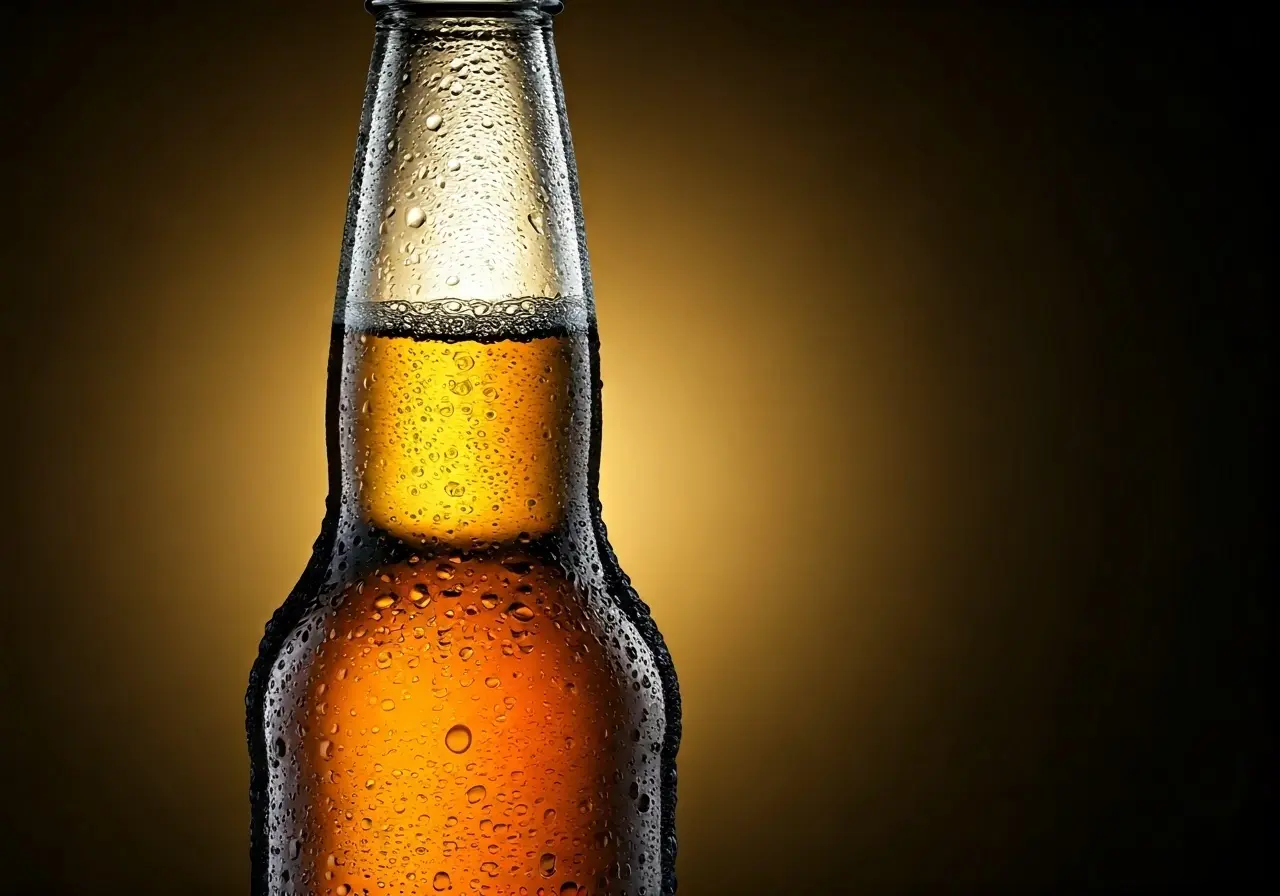Zero alcohol beer is gaining popularity, but with its rise comes a host of misconceptions. In this article, we debunk some of the most common myths associated with zero alcohol beer. Whether you’re a curious beginner or a seasoned fan, it’s time to set the record straight!
1. Zero Alcohol Beer Has No Flavor
Contrary to popular belief, zero alcohol beers are crafted with the same attention to flavor as their alcoholic counterparts. Brewers use innovative techniques to ensure these beers retain a full-bodied taste that can satisfy any beer lover. The use of different hops, malts, and yeast plays a crucial role in creating the rich aromatics and flavors often associated with traditional beers. Indeed, many brewers consider the creation of a satisfying zero alcohol beer as a test of their skill, given the minimal content at their disposal to create a vibrant profile. These brews are often characterized by citrusy hops, toasted grains, and other complex flavors that make them just as enjoyable to savor.
2. It’s Just Beer Without Alcohol
Many assume that zero alcohol beer is merely regular beer stripped of alcohol. In reality, it involves a meticulous brewing process to retain complex flavors while removing or limiting alcohol content. This can include innovative techniques like vacuum distillation, where alcohol is gently separated from the beer without affecting its rich flavor profile. Some brands even mimic the entire fermentation process, stopping just short of creating ethanol, which allows them to maintain the texture and body of a premium beer. Different brewing methodologies can significantly impact the flavor and aroma, showcasing the brewmasters’ dedication to quality and flavor.
3. There Are Limited Options Available
The market for zero alcohol beer is booming, offering a variety of styles from lagers to IPAs and stouts. This growing diversity means there’s something for everyone to enjoy. Gone are the days of single-style non-alcoholic beer; now, whether you’re a fan of a crisp pilsner or a deep, dark stout, there’s a zero alcohol option ready to delight your palate. Brands are continuously experimenting with new flavors and styles, showcasing hops that deliver floral or earthy notes and creating brews that mirror seasonal favorites. Additionally, seasonal releases and collaborative brews add to this dynamic market, ensuring there’s always something new to explore for enthusiasts.
In parallel with this rise in variety, producers are integrating more region-specific ingredients, creating zero alcohol beers that offer unique local flavors. This approach allows breweries to maintain an artistic connection with their geographic origins while contributing distinct regional tastes to the ever-expanding menu. The appeal of zero alcohol beer has transcended geographical boundaries, thanks to such innovations, leading to a cultural exchange of brewing traditions. This boom is widely supported not only by brewing experts but also by consumers constantly seeking new experiences in beverage selections.
4. It’s Just for People Who Can’t Drink
While zero alcohol beer is ideal for individuals avoiding alcohol, it also appeals to anyone who enjoys the taste of beer without wanting the intoxicating effects. It’s a beverage choice, not a limitation. This flexibility has nurtured a community of enthusiasts who enjoy the social and taste aspects of beer without the drawbacks of inebriation. This category is growing not only among designated drivers or expecting parents but also among fitness enthusiasts and mindful drinkers who want to enjoy themselves without tipping their health scales.
In fact, many craft beer aficionados enjoy discovering new tastes and breweries offering zero alcohol options, as these beverages still deliver when it comes to taste, mouthfeel, and aromas. It’s fascinating how zero alcohol beers not only allow individuals to participate in social events including beer tastings and pairings but also bring them into communities of beer-centric explorations. These beers enrich the craft brewing culture with innovation and inclusivity while letting everyone enjoy the art of brewing without limits.
5. Zero Alcohol Beer Is Unhealthy
Some believe that zero alcohol beer is packed with unhealthy additives, but many brands prioritize natural ingredients, offering a beverage that’s as health-conscious as it is flavorful. A focus on purity and quality means many beers are made with organic ingredients or come crafted without preservatives. In fact, many zero alcohol beers contain fewer calories and carbs compared to their alcoholic counterparts, appealing to those looking to maintain a healthier lifestyle without relinquishing their love for beer.
Furthermore, zero alcohol beers can provide a great balance of minerals and vitamins typically found in malt and barley, which are essential components of these beverages. Such nutritional profiles turn zero alcohol beer into more than just a guilty pleasure; they can complement a balanced diet perfectly. These nutritional qualities, coupled with the absence of alcohol side effects, make them a favorable choice for all ages who prefer mindful consumption of beverages.
6. It Can’t Be Enjoyed in Social Settings
Enjoying a zero alcohol beer at social gatherings is becoming increasingly accepted. It allows people to partake in festivities without compromising their alcohol intake. For those who wish to engage in conversational dynamics without the haze of alcohol, zero alcohol beer provides an excellent choice to stay present while still enjoying the ritualistic aspects of drinking. Today, there are plenty of stylish mocktail bars and trendy venues serving a wide selection of non-alcoholic beverages, making it easier than ever to participate in social scenes without the alcohol.
Moreover, zero alcohol beer is starting to have a cultural impact similar to that of sober curious movements, encouraging everyone to enjoy getting together while focusing on more meaningful interactions. The emphasis is shifting from the quantity to the quality of social experiences, championed by the zero alcohol revolution. It’s not about what people are drinking but the interactions and memories they create, the narrative steers towards a broader acceptance of life choices and inclusion in social settings.

